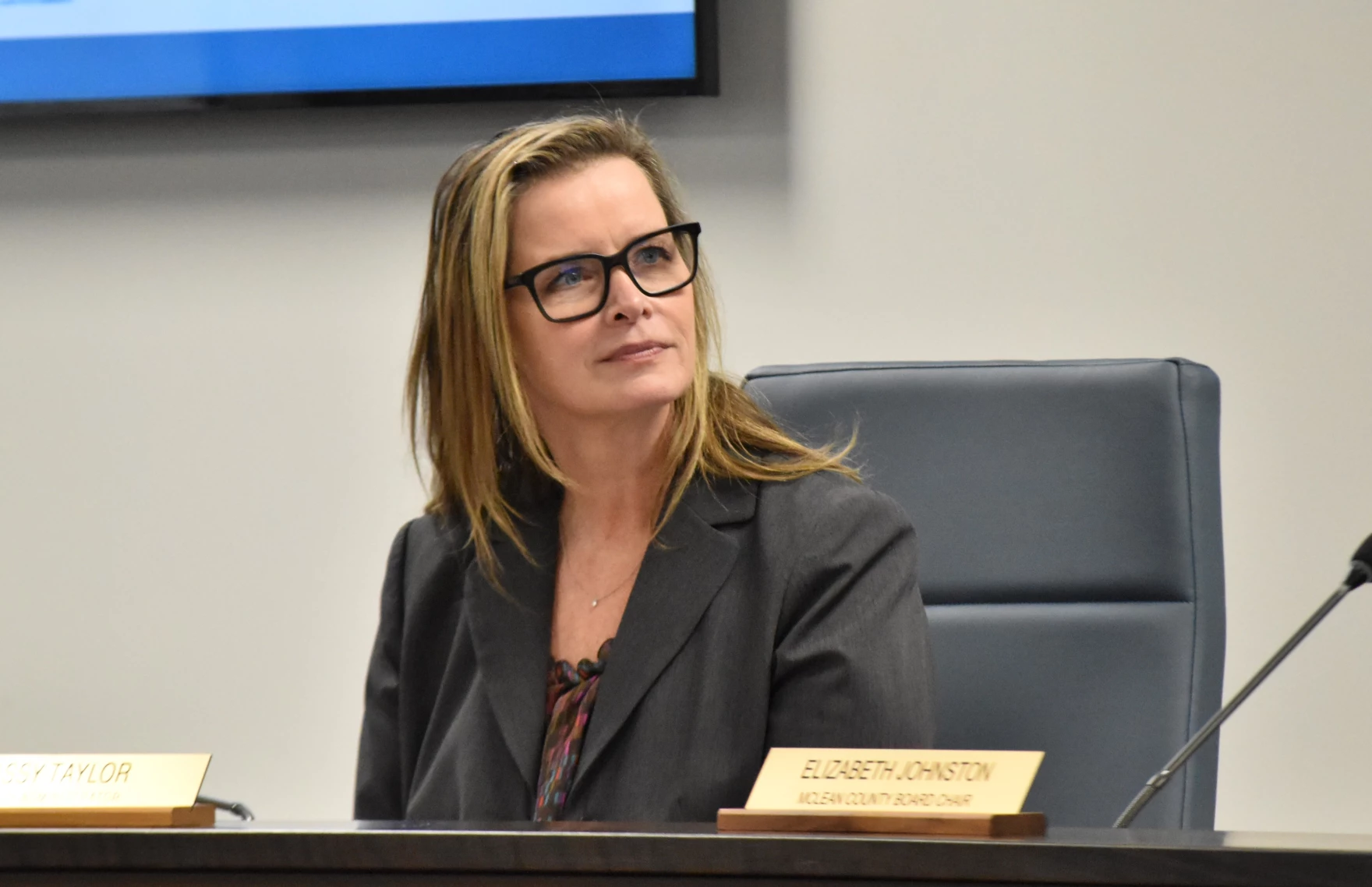Since McLean County entered an intergovernmental agreement with Bloomington and Normal in 2016 to impose a 1% sales tax for mental health and public safety initiatives, millions of dollars have been generated. However, millions have also remained unspent, raising concerns about transparency and allocation.
Transparency Concerns and Fund Allocation
Elected officials and community members have voiced concerns about the clarity of fund distribution. While McLean County officials assert that the balance and spending details have never been secret, some critics believe more formal updates are necessary. County Administrator Cassy Taylor reported that approximately $15.8 million has been spent from the fund between 2016 and 2024, leaving a current balance of roughly $19 million.
Of that balance, only around $4 million is unallocated, reserved for future mental health programs. The remaining funds are earmarked for jail debt payments and an Integrated Justice Information System (IJIS) database overhaul, which aims to enhance tracking of individuals interacting with law enforcement and healthcare systems.
“From an external perspective, it might seem like we’re not spending the money on mental health,” Taylor explained. “However, we have a strategic plan to ensure fiscal responsibility while effectively utilizing these funds.”
Breakdown of Fund Spending
Spending has been allocated into four key areas:
- Jail debt: The largest portion, with $1.1 million per year allocated since 2017.
- Criminal justice system improvements: Around $5.6 million.
- Behavioral health initiatives: Just under $5.2 million.
- Integrated Justice Information System database: Around $535,000 spent so far.
Funding for direct community-based mental health initiatives began in 2019, with approximately $3.5 million allocated for personnel in the Department of Behavioral Health Coordination.
Approximately $1 million has been distributed to community partners, including:
- Bridge Academy (2023, operated by the Regional Office of Education).
- Behavioral Health Urgent Care (formerly the Triage Center, run by the McLean County Center for Human Services).
- YWCA Stepping Stones and Lifelong Access (grants provided in 2024 to expand services).
Measuring Impact and Challenges
McLean County’s Director of Behavioral Health Coordination, Marita Landreth, acknowledges that while direct funding for community initiatives seems low in comparison to overall spending, impact measurement is complex.
“The return on investment in behavioral health isn’t as straightforward as in traditional business models,” Landreth said. “We’re dealing with human systems, healthcare, and long-term investments that take time to evaluate.”
One of the biggest challenges McLean County has been creating a framework for measuring success. While discussions on metrics have existed since the fund’s inception, defining tangible benchmarks for behavioral health outcomes remains difficult.
Public trust is critical in this process. Landreth emphasized the importance of collaboration between government entities and community healthcare providers to ensure thoughtful spending decisions.
Increasing Transparency
Some officials argue that concerns about transparency may stem from inconsistent updates rather than an intentional lack of disclosure. Kevin McCarthy, a Normal Town Council member, pointed out that financial reporting differs among the involved municipalities, making uniform reporting a challenge.
“The county has been less detailed in its reporting compared to other agencies,” McCarthy said. “But, at the same time, the public has never formally requested more detailed data.”
Landreth noted that staff turnover McLean County has also contributed to the inconsistency in communication. As the fourth director of behavioral health coordination since the fund’s creation, Landreth is still working to understand the historical spending patterns but insists that substantial progress has been made.
Future Spending Plans
With $4 million in reserves for behavioral health initiatives, the newly formed advisory committee is prioritizing responsible spending while ensuring sustainability. For 2024, the county has budgeted for an expected $300,000 dip into these reserves.
Additionally, $12 million is reserved for the Integrated Justice Information System upgrade, a project expected to cost around $30 million. Taylor explained that these funds are intentionally set aside, given the high future costs and the need to balance spending with federal grants, such as American Rescue Plan Act (ARPA) funds, which have spending deadlines.
By 2036, when the intergovernmental agreement is set to expire, Taylor expects the fund balance to reach zero, with all funds appropriately allocated. While an extension of the agreement is possible, discussions on that won’t happen for another decade.
“Right now, our focus is on refining existing systems and ensuring the community receives the best care possible,” Taylor said.
Frequently Asked Questions (FAQ)
What is the McLean County Mental Health and Public Safety Fund?
The fund was established in 2016 through a 1% sales tax in Bloomington and Normal to support mental health services and public safety initiatives.
How much money has been spent so far?
As of 2024, approximately $15.8 million has been spent, with a remaining balance of $19 million, most of which is earmarked for future projects.
Why hasn’t all the money been spent yet?
The county is strategically allocating funds over time. Some reserves are designated for large projects like the Integrated Justice Information System (IJIS) database upgrade and mental health program expansions.
What are the key areas of spending?
The funds have been distributed among four major areas:
Jail debt payments ($1.1 million annually since 2017)
Criminal justice system needs (~$5.6 million)
Behavioral health programs (~$5.2 million)
IJIS database upgrade (~$535,000 so far, with more planned)
What mental health services have received funding?
Bridge Academy (supporting education and mental health needs)
Behavioral Health Urgent Care (providing crisis intervention services)
YWCA Stepping Stones and Lifelong Access (expanding mental health support services)
Will the sales tax continue after 2036?
The current agreement runs until 2036, with the expectation that funds will be fully utilized by then. An extension is possible but won’t be discussed for another decade.







